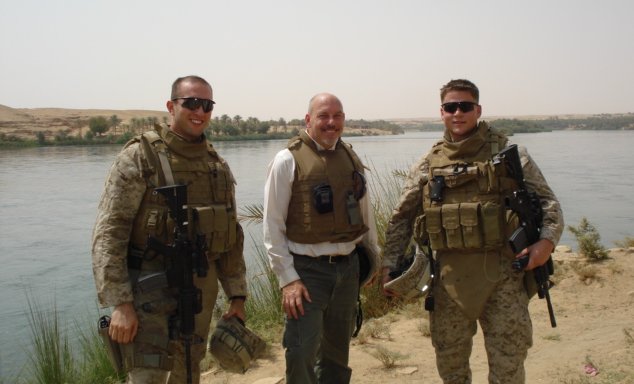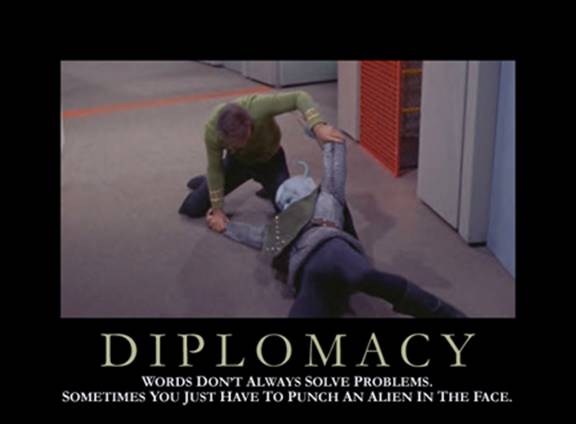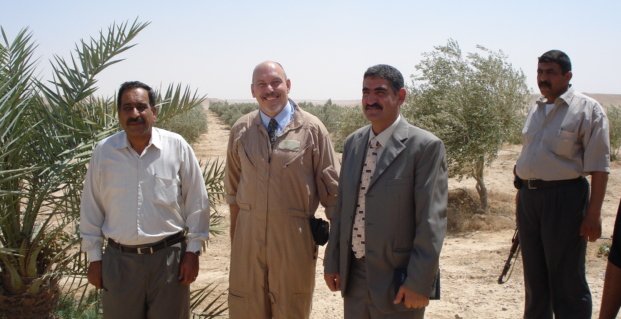Last year I wrote a post, which got some attention, re FSOs volunteering to go to Iraq & Afghanistan. As it worked out, we got enough volunteers, but not until a couple of cone heads grabbed national attention by bloviating in a town hall meeting about how they didn’t want to be forced to serve in either Iraq or Afghanistan. I understand that only few people made most of the noise, but the media picked up on their caterwauling. It was embarrassing the competent FSOs, who are worldwide available.

(BTW – FSOs were needed as part of the diplomatic surge that went with the military one in early 2007. Next time somebody says that we cannot expect to win in Iraq by military means alone, remind that Einstein that we knew it already & did something about it back when they were still whining that the war was lost. I really hate it when we get those sanctimonious fools pontificating about this when they don’t know what they are talking about. Diplomats and development people came in the immediate wake of the military, but I digress.)
There will be no repeat of that this year, since the State Department has announced that it has already got enough volunteers to fill the Iraq posts. I hear that there were several people trying to get my job. I could speculate about the many and varied reasons for this happy result, but I think that the most probable explanation is the prosaic one that people just got used to the idea of these sorts of assignments and realized that they too were part of a normal FSO career.

You have to have some tolerance for dust & danger, but that is certainly not the whole story. My year in Iraq let me do more of the fun parts of diplomacy than I anticipated. I was afraid that we hunker down behind the wire most of the time and have little contact with the people and culture of Iraq. No way. We were out and about all the time, as you can see from my blog entries. I have almost daily substantive contact with Iraqis. In fact, I think we have more regular contact with local people than many colleagues at more traditional embassies. Beyond that, we get to do the full range of diplomacy, almost like the plenipotentiary days of old when diplomats could get involved in almost everything and got to make decisions on the ground

The only down side is that this is the first time in my career that I did not get the great training that I took for granted. The FS generally does a really good job of preparing us to go overseas. (They gave me nearly a full year of full time Polish language and culture training before sending me to Krakow for example.) Filling this post in Anbar, under the emergency conditions, they couldn’t do that. Too bad. My biggest regret was that I didn’t have the full range of regional, cultural or language expertise, but my years of diplomatic experience made a big difference even w/o those things. State Department guys like me can make a real contribution in these situations.
State can learn some lessons from our experience. We may need to broaden our skill sets. I found my forestry experience and my vicarious experience (when Chrissy was president) on the home-owners association at least as valuable as some of more traditional know-how. In some ways it is back to the future to a time of the less specialized diplomatic corps.
Anyway, I think Americans can be proud of their FS. My colleagues serve in hard and dangerous places all over the world and this year, as in years past, they have volunteered to fill the FS positions in Iraq.
